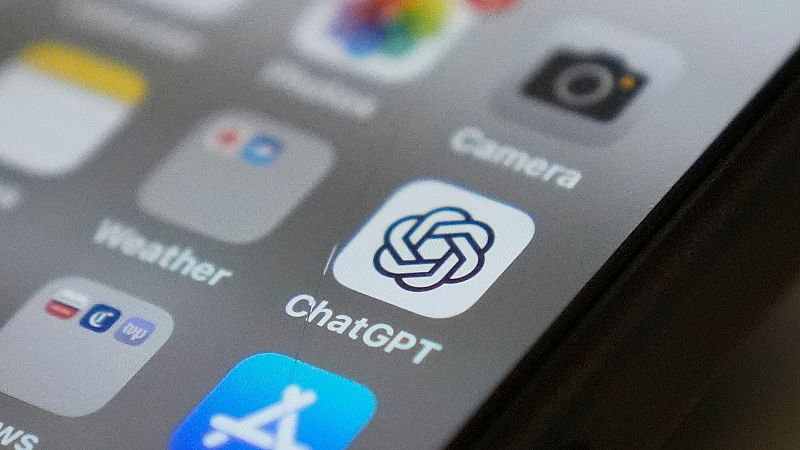
OpenAI is dropping the long-awaited GPT-5, the latest model of its popular artificial intelligence (AI) chatbot ChatGPT, on Thursday.
The new model has advanced writing capabilities, invents answers less often when it doesn’t have the right information to a query, and responds better to health-related questions by flagging potential medical concerns, according to the company.
GPT-5 has “agentic” capabilities that it will use when developing code, meaning that it will be able to perform some tasks and make decisions without human intervention.
The updated model can make websites, apps, and games, and can be integrated with users’ Google tools, like Gmail and Google Calendar, OpenAI said.
People using a research preview version of ChatGPT will also be able to select between four “personalities” for the chatbot.
AI enthusiasts saw that the drop was coming after a since-deleted description for the upgrade on crowdsource coding platform Github was published in the early hours of Thursday morning.
The launch of GPT-5 follows OpenAI’s introduction of the open-source gpt‑oss series earlier this week. It’s the first model where the company has also released the source code since 2019’s GPT-2, so it can be fine-tuned by users to meet their specific needs.
Why does this launch matter?
The launch is the latest development in the road to agentic AI, where agents can take multi-step actions and use tools to browse the web without human prompts.
That could look like an AI agent at a customer service centre having the ability to automatically ask questions, look up information in internal documents, respond with a solution, or refer the customer to a human if necessary, according to one example given by Amazon.
Earlier this year, OpenAI CEO Sam Altman predicted that the first AI agents will soon be “joining the workforce” and will “materially change the output of companies”.
In a June blog post, Altman used the example of an AI agent in a software engineering role, saying the agent will “eventually be capable of doing most things a software engineer at a top company with a few years of experience could do, for tasks up to a couple of days long”.
“It will not have the biggest new ideas, it will require lots of human supervision and direction, and it will be great at some things and bad at others,” he wrote.
Agents could also be considered “real-but-relatively-junior” virtual coworkers that could be scaled to “every field of knowledge work,” he continued.
The OpenAI launch of agentic agents would not be the first from an AI company. Microsoft and Google have already launched AI agents that can be customised based on what services a company needs to provide or what tasks it wants to automate.







